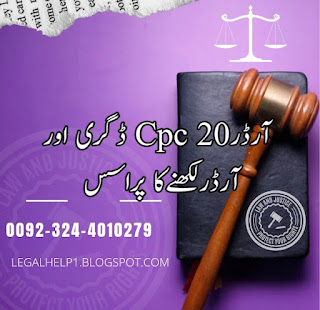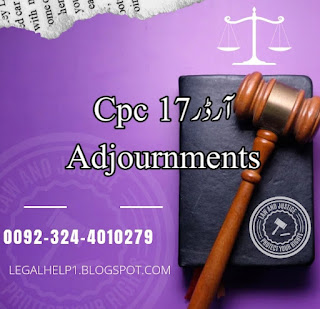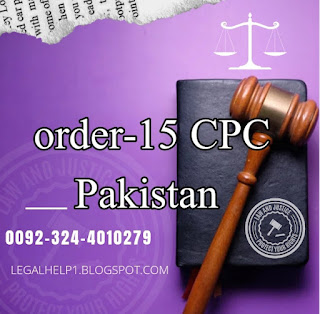Order 20 civil procedure code.

Order 20 civil procedure code Order 20 civil procedure code ORDER XX JUDGMENT AND DECREE [1 (1) On completion of evidence, the Court, shall fix a date,. Not exceeding fifteen days, for hearing of arguments of parties. (2) The Court shall, after the case has been heard, pronounce judgment in open Court, either at once or on some future day not exceeding thirty days, for which due notice shall be given to the parties or their advocates]. 2. A Judge may pronounce a judgment written but not pronounced by his predecessor. 3. The judgment shall be dated and signed by the Judge in open Court at the time of pronouncing it and, when once signed, shall not afterwards be altered or added to save as provided by section 152 or on review, 4.(1) Judgements of a Court of Small Causes need not contain more than the points for determination and the decision thereon. (2) Judgements of other Courts shall contain a concise statement of the case, the points...








